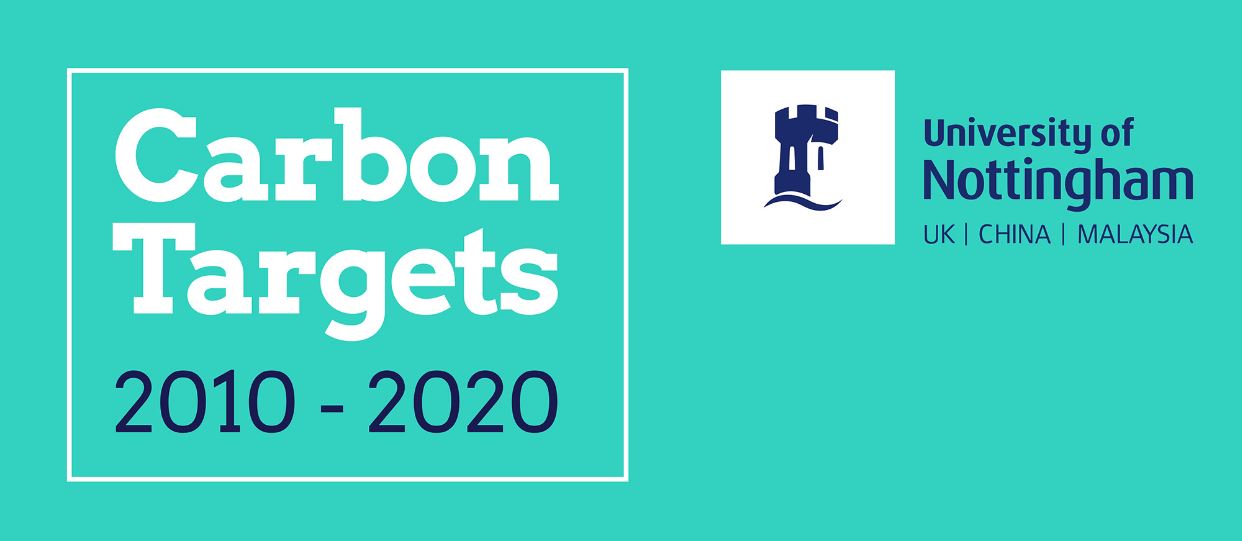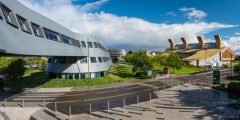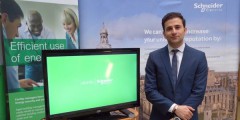COP26: how we can all take action to tackle climate change
November 1, 2021
COP26 has begun. Countries have come together to commit to new carbon reduction targets to secure global net zero by 2050 and keep 1.5 degrees within reach. To do this, global carbon emissions need to reduce by 50% by 2030. The message of the conference is clear: We must act now, and act together. This …
Reducing the University’s carbon emissions
January 25, 2021
At the end of 2020 we were pleased to announce that the University had achieved significant reductions in energy use and carbon emissions over the last 10 years. In 2019/20 alone, our scope 1 (mainly gas and other fuels) and scope 2 (purchased electricity) carbon dioxide emissions reduced by 10% or 4,386 tonnes from 2018/19. Overall, there has been a …
Transport: We are already late to the party
September 14, 2020
David Grant is a Professor of Materials in the Faculty of Engineering at the University of Nottingham. He is also Director of the University of Nottingham’s Beacon in Propulsion Futures: a cross faculty initiative integrating over 100 researchers from different disciplines. To quote Bob Dylan “the times they are a changin’ ” and perhaps …
We often talk about things being controlled by the BMS, but what actually is a BMS?
August 24, 2020
Building Management Systems (BMS), were first introduced in the 1980’s with the advent of the personal computer. By linking to inputs (sensors measuring temperature etc) and outputs (boilers, pumps, fans etc), it was possible for the first time to control the conditions in a building from another location. The University first installed a Transmitton system …
The Challenge Ahead
The entire University was forced to adapt quickly to Covid-19, and everyone rose to the challenge. We have now moved into the ‘recovery phase’; our Energy team are working hard to reopen buildings, so that we can welcome back staff and students to campus. This new phase presents a fresh challenge, that we must all …
Renewable Technology on Campus
This summer, the Estates Development Framework (EDF) was published; its role is to provide direction for future University development and management by setting core goals. The overall theme of the EDF is ‘evolution without a carbon footprint’, and you can read it here. To support the vision of the EDF, and to support the University’s …
Energy- A Universal Challenge?
A guest post by Ben Robinson, a PhD student within the Food, Water, Waste Research Group. Ben discusses his recent work in Nepal and the social, environmental and economic intersections he found there. Energy and sustainability are like peanut butter and jam, fish and chips or eggs and bacon (for you bacon lovers out there), they …
Some Sustainable Listening
June 29, 2020
Our Student Communications and Engagement Assistant, Meg, is a podcast enthusiast. Here, she introduces a new feature to our newsletters: It is embarrassing how many times my sentences start with, ‘so I was listening to this podcast…’, and it generally results in an eye roll from my friends. I think podcasts are a great …
A look back on a year of sustainability at Nottingham
August 30, 2016
2016 seems to be developing a bit of a poor reputation. Doing its best to fly in the face of all this bad news, the University of Nottingham shared the best results for the National Student Survey to date, the launch of a book charting the history of the University, not to mention news of a …
Career profile: Majid Zeighami
April 25, 2016
Continuing the series of guest posts from alumni working in the field of sustainability, Majid Zeighami talks about his career path following his Electrical and Electronic Engineering MEng. What is your role, how long have you been in it and where are you based? In September 2013, I started my career with Schneider Electric UK&I on …










